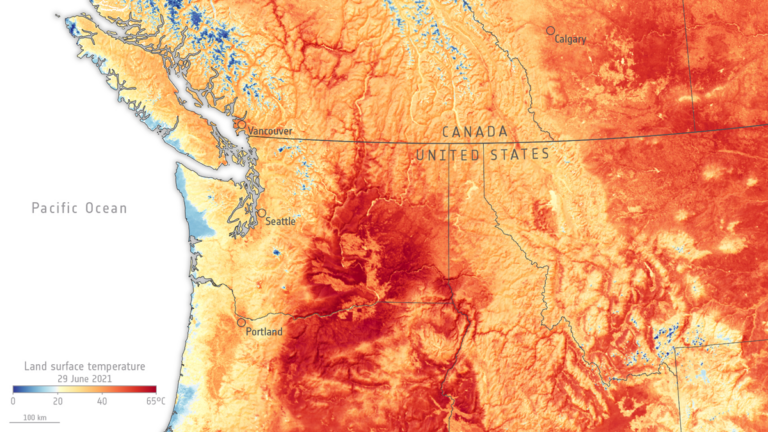Traditional weather forecasts are limited to a 10-day lead time due to the unpredictability of small changes in atmospheric conditions. This limitation hampers preparedness for extreme weather events, exemplified by the severe June 2021 heat wave in the U.S. Pacific Northwest, which had devastating consequences.
Meteorologists often use adjoint models to assess how inaccuracies in initial conditions affect forecasts, but these models require extensive resources and can only provide sensitivity measurements for up to 5 days. Researchers Vonich and Hakim tested whether deep learning could offer a more efficient method for optimizing forecasts over a 10-day period.
They evaluated this approach by creating forecasts for the June 2021 heat wave using two deep learning models: GraphCast (by Google DeepMind) and Pangu-Weather (by Huawei Cloud). Their findings showed that deep learning significantly reduced forecast errors by about 94% for 10-day predictions and enhanced accuracy up to 23 days in advance. This innovation could greatly improve severe weather warnings and community preparedness.
Source link


